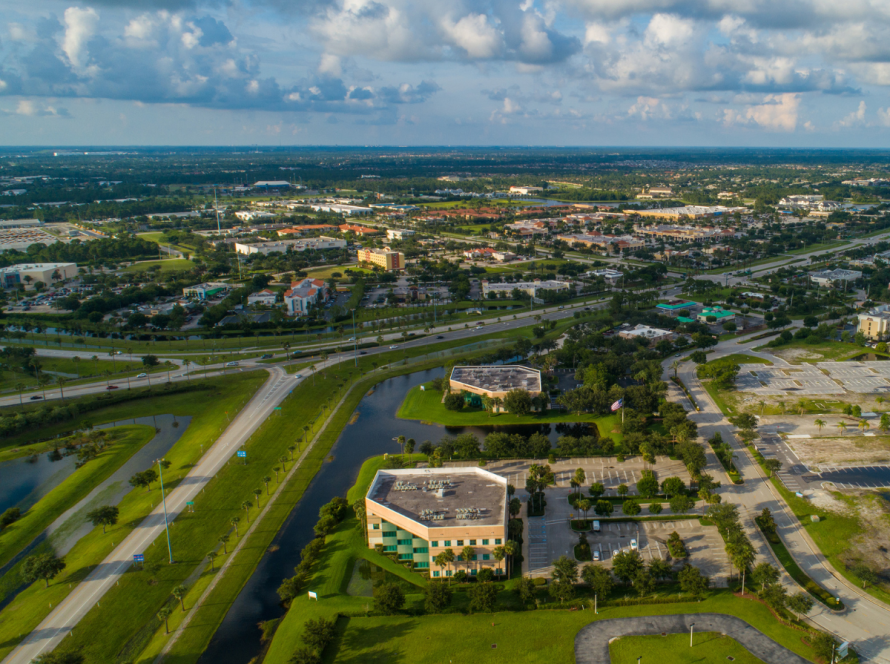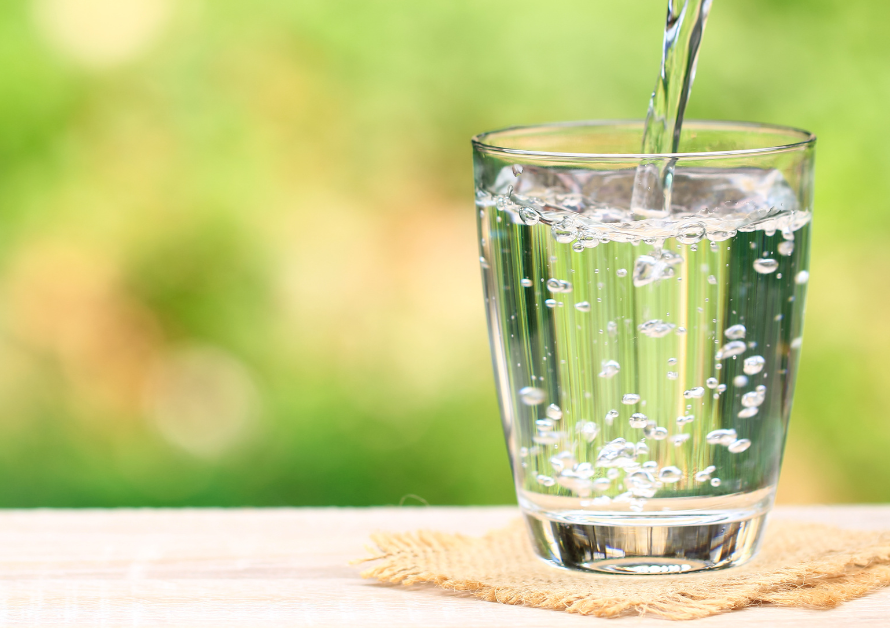Ensuring access to clean, safe drinking water is crucial when you’re out on water. Various options are available for high-quality fresh water on your vessel, and weighing the pros and cons of each is essential. Two popular choices for a boat trip are either bottled water or fresh water from a reverse osmosis system (RO system). As experts in making fresh, potable water, ECHOTec Watermakers dives into the various factors that set these options apart. We will compare the benefits of bottled water vs. reverse osmosis water to help ensure you always have clean water onboard your vessel.
Bottled Water vs. Reverse Osmosis Water
Bottled water is always a convenient option. This water is available from various brands and packaged in many sizes to fit your needs. It typically undergoes a filtration process, which often includes reverse osmosis, that ensures specific quality standards the FDA regulates.
Using reverse osmosis and creating water with a watermaker means producing potable water through advanced filtration. This method removes impurities, contaminants, and other minerals from the water. Unlike bottled water, creating your own drinkable water wastes less water. Most importantly, reusing containers for water is better for the environment than disposable plastic water bottles.
Bottled Water
Bottled water is a convenient option for voyages on your boat. However, its great convenience comes with a financial and environmental cost. Plastic bottle production, transportation, and disposal can contribute to pollution, especially in the water.
Reverse Osmosis Water
Even though getting bottled water for your boat trip might seem like the easiest choice, installing a reverse osmosis system on your boat will offer several advantages. First, if you rely on bottled water and miscalculate your needs, you risk running out of potable water.
Reverse osmosis watermaker systems are compact and efficiently designed for marine use. These water filter systems use the boat’s existing water supply from your onboard tanks or a direct seawater intake.
Creating water through reverse osmosis is a sustainable and effective solution. There is no plastic waste or risk of pollution, and, in the long run, you will save money.
Quality and Purity
Regarding the quality of the water, reverse osmosis water reigns supreme. RO water undergoes a thorough filtration process to ensure it is free of any harmful pollutants or contaminants that may be present in the water supply. The result is clean-tasting water that is ideal for drinking and cooking onboard your boat.
Even though bottled water is FDA-approved, the quality may vary depending on the brand and source. This means the quality of bottled water is less consistent than reverse osmosis water.
Reverse Osmosis System Cost
Reverse osmosis systems tailored specifically for marine use, commonly known as watermakers, play a crucial role in meeting the fresh water needs onboard a vessel. The cost of a powerboat watermaker or a sailboat watermaker depends on various factors, including the system’s capacity, efficiency, and other features tailored to the freshwater needs.
Some more compact systems are not as technologically advanced. These systems are suitable for smaller vessels and are generally less expensive than the more advanced systems. Larger, high-capacity systems, which are designed for luxurious vessels, will cost a lot more than the smaller, less intricate systems.
The initial investment in a marine-grade reverse osmosis system may be high, but it will save you money on freshwater solutions in the long run.
Is Bottled Water Safer Than RO Water?
The safety of bottled water versus reverse osmosis water can spark a debate between many consumers. While both options provide clean and safe potable water, their production methods differ. This can result in them tasting significantly different.
Bottled water complies with FDA regulations to ensure it meets the standards of its source, processing, and packaging. However, the quality of the bottled water will vary depending on the brand. Moreover, some plastic bottles may leak chemicals into the water over some time, while RO water undergoes an intense filtration process that results in pure, fresh water.
Some might argue that RO water lacks essential minerals, while others adore its purity and safety. The safety of bottled water versus reverse osmosis water depends on compliance with regulations, production methods, and whether an individual is comfortable with the quality and purity of the water at hand.
Potable, Clean Water With ECHOTec Watermakers
Deciding whether bottled water or reverse osmosis water is better for you and your boating adventures has multiple factors that must be considered. These factors include convenience, environmental impact, quality of water, and cost-effectiveness. While bottled water is undoubtedly convenient, it affects the environment, and the quality varies.
An excellent solution is to install a reverse osmosis system on your vessel to provide a sustainable and reliable source of clean water. This eliminates single-use plastic bottles and reduces environmental impact. That means the water can be better for you, but it definitely is better for the environment. ECHOTec’s marine-grade reverse osmosis systems can provide boaters peace of mind, allowing them to enjoy their maritime journey while maintaining a commitment to sustainability.
Contact ECHOTec Watermakers, and trust we can provide you with clean, potable water for all of your boating adventures.



